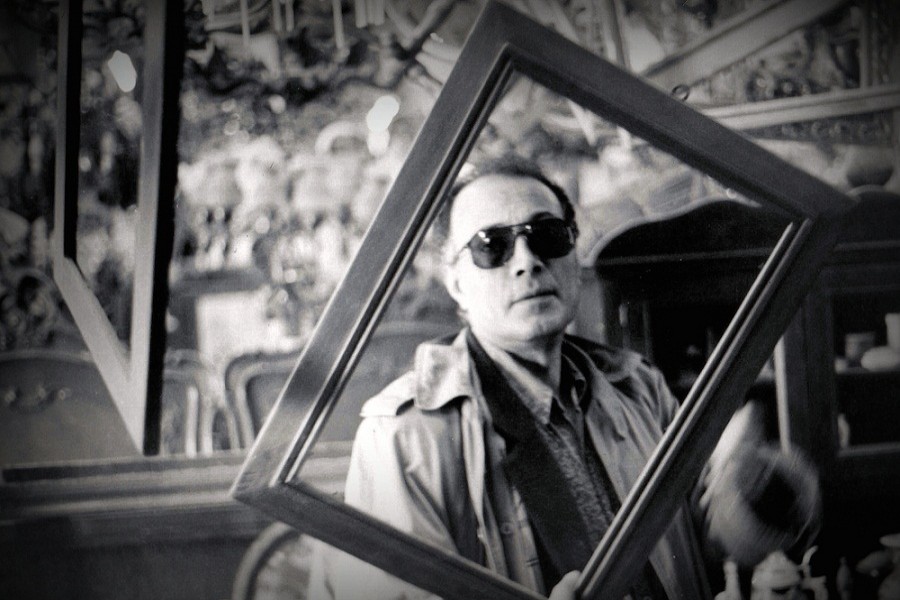Without Abbas Kiarostami, cinema would only have two spheres of existence - private and public.
He taught cinema that there is a third dimension - the personal - that it cannot infiltrate.
In honour of the man who taught us that even the medium that tells us the stories of others doesn’t have to be intrusive, here are some of the films by the maestro that you should watch.
Taste of Cherry (1997)
The plot of the film revolves around a middle-aged man with no friends or parents driving around Tehran looking for someone to bury him after committing suicide.
But the plot isn’t the only thing that will blow your mind. When the man enters his house for the last time before committing suicide and the camera waits outside, the film will truly blow your mind.
It has nothing to do with him. In the window, you can only see a silhouette. What Kiarostami is attempting to convey is what happens between a man and his home at the end of his life is not for us to observe, this relation is spiritual.
Homework (1989)
The film, as the title suggests, is about childhood. Including interviews with school children and their parents, it is one of the most important films to address the problems that the illiteracy of parents can cause. It looks at the trauma that children face at home and how it is unavoidable.
The wind will carry us (1999)
A young woman is dying in a small, insignificant village in Iran. Before her death, the locals gather around her to perform the mandatory rituals.
Journalists gather to document the funeral rites. But the woman isn’t dying. And everything grinds to a stop as the film waits for death. The overwhelming metaphor, the frames and the waiting will completely cast a spell in your cinephile soul.
Ten (2002)
A female driver travels around Iran and the passengers tell her their stories. What you see is the story of a nation battling oppressive forces to forge a feminine identity.
It is a country where women have negotiated control over their bodies. Kiarostami portrays Iran and its people in a heartbreakingly honest light. The fact that he achieved that effect with a simple camera taped to the taxi's dashboard demonstrates his brilliance.
Shirin (2008)
Shirin is a film about the experience of watching a film. This doesn’t have a conventional plot. If you’re looking for a film about a female spectator’s relationship with cinema - this is possibly the best work done on it.
For many years, women have been objectified in film. Women are the observers in Shirin and cinema is the object.


